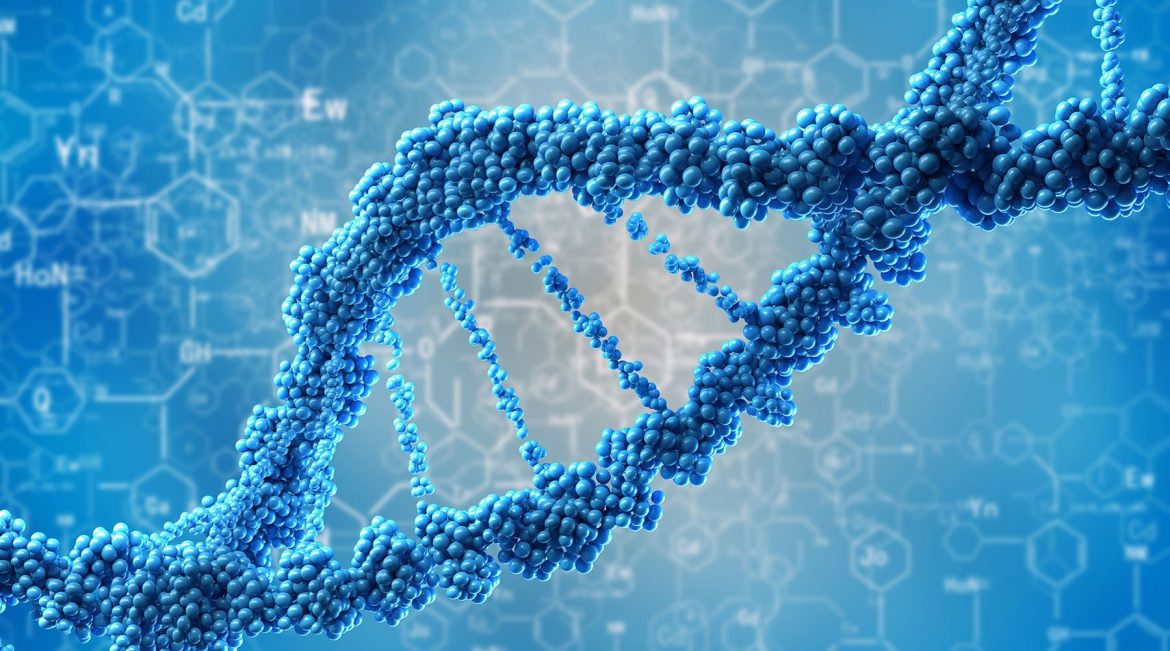Biotechnology has emerged as a transformative force in both the fields of medicine and agriculture. With continuous advancements in this interdisciplinary science, researchers and practitioners are unlocking new possibilities to improve human health and enhance food production. This article explores the latest breakthroughs and applications of biotechnology in these two critical domains.
Medicine: Precision and Personalized Healthcare
Genomic Medicine
One of the most remarkable achievements in biotechnology is the sequencing of the human genome. This breakthrough has paved the way for precision medicine, where treatments are tailored to an individual’s genetic makeup. Genomic data enables healthcare providers to identify disease susceptibility, predict responses to medications, and develop targeted therapies.
Gene Editing
CRISPR-Cas9 technology has revolutionized genetic engineering. Scientists can now precisely edit DNA, correcting genetic mutations responsible for inherited diseases. The potential for eradicating genetic disorders and advancing gene therapy is immense.
Biopharmaceuticals
Biotechnology has led to the development of biopharmaceuticals, including monoclonal antibodies and recombinant proteins. These drugs are highly specific, often with fewer side effects, and have revolutionized treatments for conditions like cancer, autoimmune diseases, and diabetes.
Stem Cell Therapies
Stem cell research has opened doors to regenerative medicine. Stem cell therapies hold promise for repairing damaged tissues, treating degenerative diseases, and even growing organs for transplantation.
Agriculture: Sustainable and Enhanced Crop Production
Genetically Modified Crops
Genetically modified organisms (GMOs) have been a focal point of biotechnology in agriculture. GMOs are engineered to resist pests, tolerate harsh environmental conditions, and increase crop yields. They play a crucial role in global food security.
Precision Agriculture
Biotechnology tools, such as GPS-guided tractors and drones, are transforming farming practices. Precision agriculture allows farmers to optimize resource allocation, reduce waste, and improve crop health.
Biofortification
Biotechnology has enabled biofortification, a process that enhances the nutritional value of crops. This approach addresses malnutrition by developing crops with higher vitamin and mineral content.
Sustainable Agriculture
Biotechnology promotes sustainable farming by reducing the need for chemical pesticides and fertilizers. Biological pest control methods, developed through biotechnology, help maintain ecosystem balance while protecting crops.
Ethical and Environmental Considerations
Ethical Concerns
The advancements in biotechnology have raised ethical questions, particularly in medicine. Issues related to genetic privacy, consent, and the potential misuse of genetic information must be carefully addressed.
Environmental Impact
In agriculture, biotechnology has the potential to reduce the environmental footprint of farming. However, concerns regarding the impact of GMOs on ecosystems, biodiversity, and long-term sustainability must be rigorously studied and mitigated.
Future Directions
Personalized Medicine
The future of medicine lies in further personalization. Advances in biotechnology will continue to refine treatments based on an individual’s genetic and molecular profile.
Climate-Resilient Crops
Given the challenges posed by climate change, biotechnologists are actively working on developing crops that can thrive in changing environmental conditions.
Ethical Frameworks
As biotechnology continues to progress, the development of robust ethical frameworks and regulations will be essential to ensure responsible research and application.
Conclusion
Biotechnology has evolved into a powerhouse of innovation, offering unprecedented opportunities in medicine and agriculture. The ability to decode and manipulate the building blocks of life has transformed healthcare, making it more precise and individualized. In agriculture, biotechnology holds the key to addressing global food security challenges while minimizing environmental impact. However, as we harness the potential of biotechnology, we must remain vigilant in addressing ethical concerns and environmental considerations to ensure that these advancements benefit humanity and our planet.

